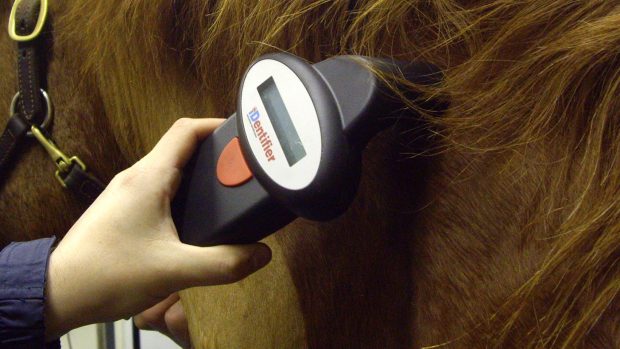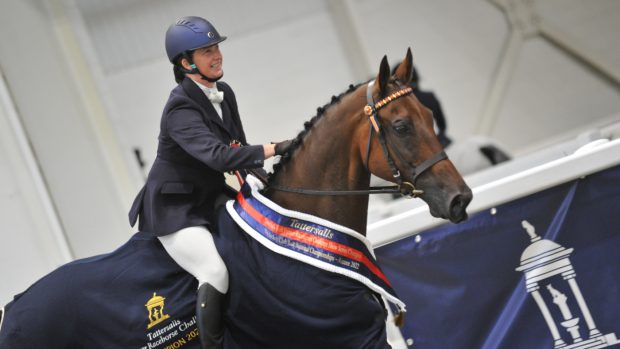The workload for already overstretched Passport Issuing Organisations (PIOs) is set to increase dramatically in the months leading up to the “go live” date for the National Equine Database (NED).
Detailed plans for the £570,000 project, taken on a month ago by Oxfordshire firm Momenta, were presented to breed societies, competition bodies and other PIOs recently at workshops in Scotland, Hampshire and Warwickshire.
The first step involves inputting “legacy data” — in other words, PIOs’ hundreds of thousands of existing records. The second phase involves preparing PIOs to enter data themselves after NED goes live in January 2005.
Feedback from PIOs during the workshops ranged from doubt about meeting deadlines to constructive ideas such as making provision for horses to be marked as stolen on their records. PIOs also asked whether passport backlogs or the database should be their priority.
Momenta has asked for all existing records to be submitted by 2 August.
While large PIOs, such as Weatherbys and Sport Horse Breeding of Great Britain, have sophisticated databases, about 5% of PIOs keep paper records only. Spreadsheets and lists are also in use.
Although the initial phase should not involve re-entering of data for PIOs — because Momenta will input all legacy data — the timescale is already causing concern.
PIOs are already stretching resources to deal with the flood of passport applications.
“We are making it as easy as possible,” says Momenta’s NED project director Christina Cameron, who has two horses and used to event. “They can e-mail records or put them on disk. Even if it’s a shoebox of paper records, we will sort it out.”
The second phase of the NED’s development, when PIOs input or edit records, threw up concerns about IT support and the duplication of records.
Of the three methods of inputting records, the most user-friendly — and the only one that does not double the workload — is via “integration” whereby a PIO’s system is set up to migrate records direct to the NED. However, this option requires good IT expertise, and PIOs are worried about day-to-day problems as well as setting up the system.
The problem of duplication will be dealt with through a “quarantine” process. Rejected quarantine cases will be referred back to the PIO, with details of why the record has not been accepted. A code of conduct — yet to be published — will indicate how two records are amalgamated or, if one is destroyed, which one.
|
||
 |
||


 Get up to 19 issues FREE
Get up to 19 issues FREE TO SUBSCRIBE
TO SUBSCRIBE 



